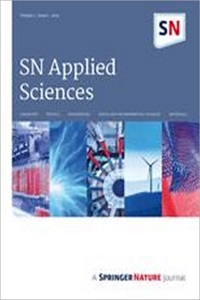Soil carbon enhancing practices: a systematic review of barriers and enablers of adoption
Abstract
Sustained adoption of soil carbon enhancing practices (SCEPs) at scale remains an aspiration goal to maintain sufficient amount of soil carbon in household farms in order to impact on the sustained farm productivity caused by sustained soil fertility. The objective of this study is to systematically evaluate the current evidence base to identify: (a) which factors enable or constrain adoption of SCEPs and hence maintain soil carbon in Kenya and Ethiopia; (b) to be able to lessons learnt concerning what influences the adoption of the SCEPs for the purpose of maintaining soil fertility among smallholder farms; and (c) how this can be improved going into the future for the purpose of formulating appropriate policies in Kenya and Ethiopia in both the short and long run. A systematic review was conducted using established review methodology and extensive searches of published and unpublished literature sources. Data extraction and quality appraisal of quantitative, qualitative and case studies that met the inclusion criteria were conducted while checking for reliability. A broad range of interrelated enabling and constraining factors was identified for the SCEPs. All the factors matter, and some of most of these factors are important to be considered during planning and implementation of SCEPs aiming at promoting soil carbon sequestration. Despite the limitation in the quantity of evidence, this systematic review provides a useful starting point for the scaling up programmes to ensure more effective adoption of SCEPs. This review also underscores the need for a multidisciplinary approach in understanding what determines the adoption of SCEPs to capture a holistic view.

